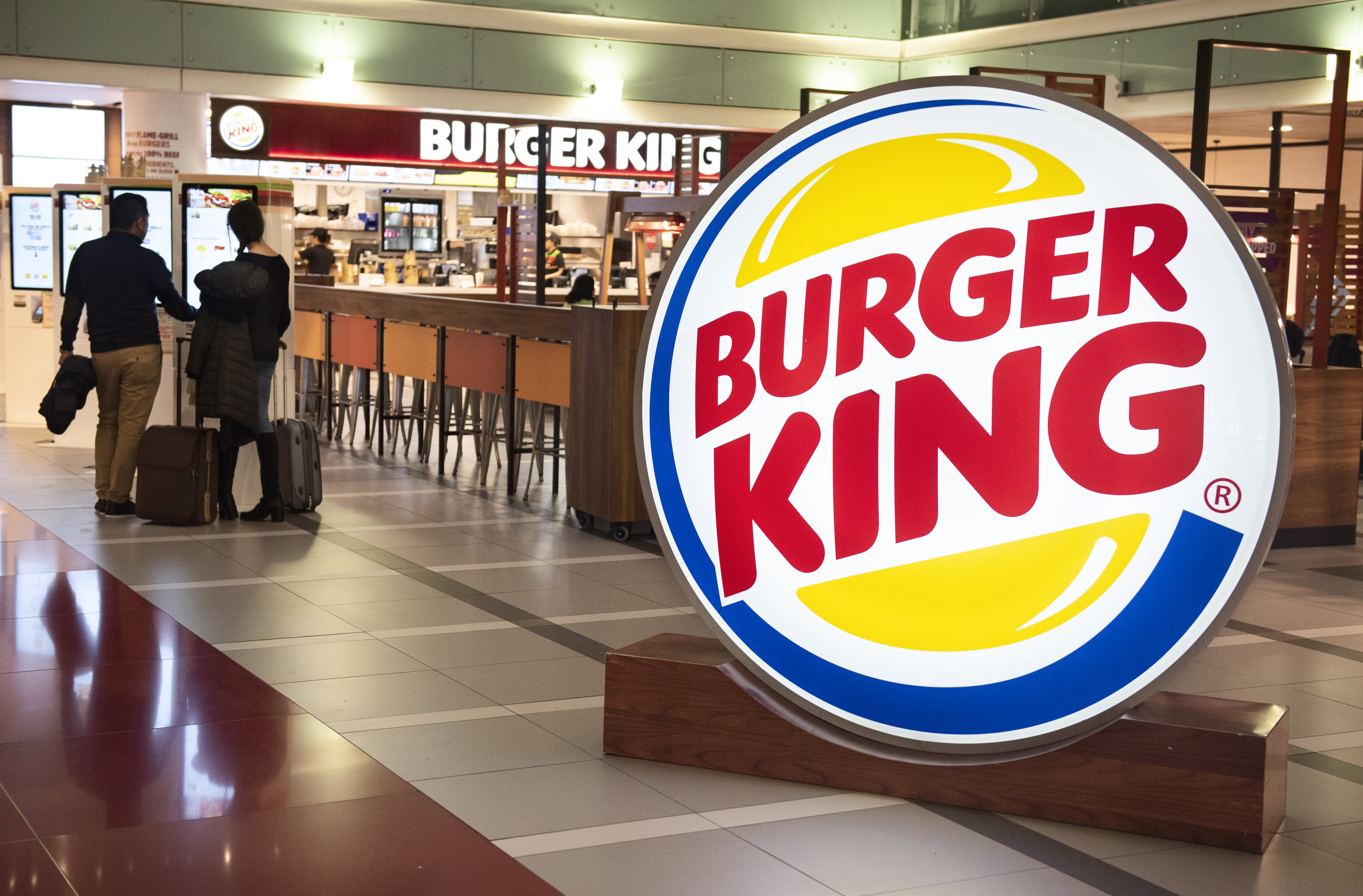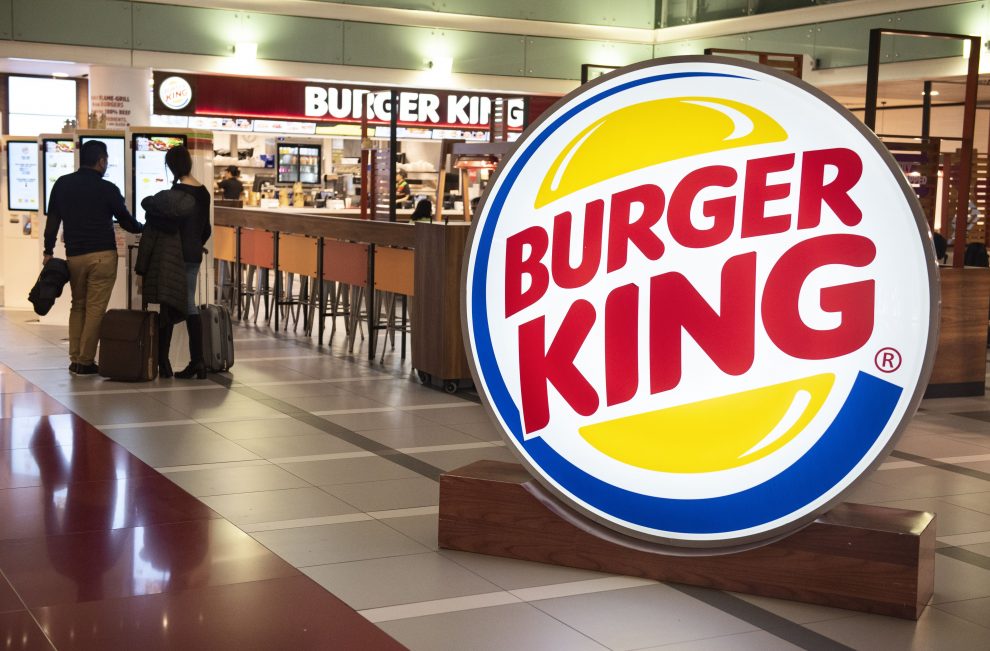
Travelers order food in automated self-ordering kiosk at fast-food Burger King restaurant chain.
Bundrul Chukrut | LightRocket | Getty Images
Restaurant Brands International on Monday reported quarterly earnings that fell short of analysts’ expectations as Tim Hortons’ struggles continue.
Shares of the company fell nearly 4% in premarket trading.
“Overall, we are confident in the long-term growth prospects for each of our three iconic brands, and remain focused on providing a great guest experience while driving franchisee profitability,” CEO Jose Cil said in statement.
Here’s what the company reported compared with what Wall Street was expecting, based on a survey of analysts by Refinitiv:
- Earnings per share: 55 cents, adjusted, vs. 58 cents expected
- Revenue: $1.27 billion vs. $1.26 billion expected
Burger King’s parent company reported fiscal first-quarter net income of $246 million, or 53 cents per share, down from $278.6 million, or 59 cents per share, a year earlier. The company attributed the decline to higher expenses from taxes.
Excluding costs from acquiring Popeyes Louisiana Kitchen, the relocation of its support centers and other unique expenses, Restaurant Brands earned 55 cents per share, missing the 58 cents per share expected by analysts surveyed by Refinitiv.
Net sales rose 1% to $1.27 billion, beating expectations of $1.26 billion. Restaurant Brands said currency fluctuations drove the change in revenue.
Burger King and Popeyes reported same-store sales growth that beat estimates, but Tim Hortons came up short. Burger King, the company’s biggest chain, saw same-store sales increase by 2.2%, topping Wall Street’s expectations of 1.8%. Popeyes reported same-store sales growth of 0.6%, beating estimates of 0.1%.
Sales at Tim Hortons open at least a year fell 0.6%, but analysts were expecting same-store sales growth of 2%. With growth of the Canadian coffee chain slowing in its home market, Restaurant Brands is trying to push into the rapidly expanding Chinese market with its first three stores there. Tim Hortons accounts for nearly 60% of the company’s total sales.












